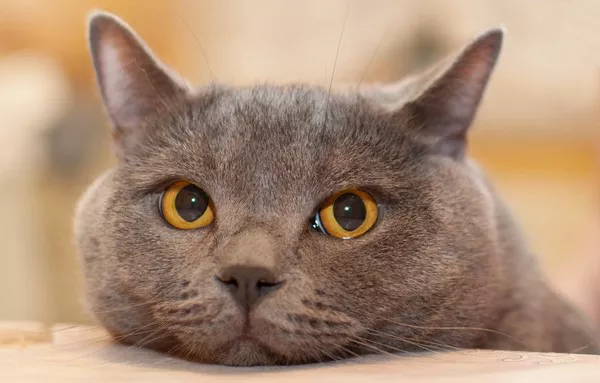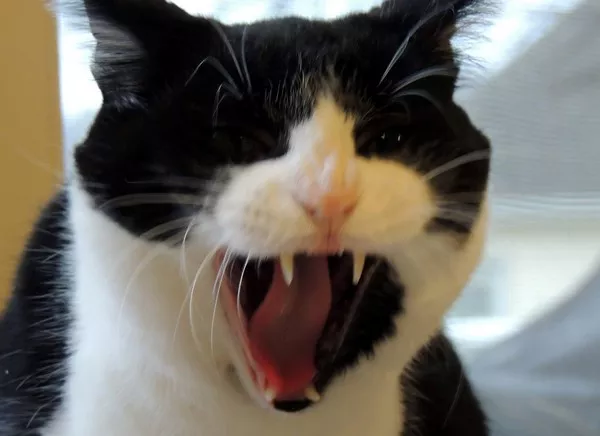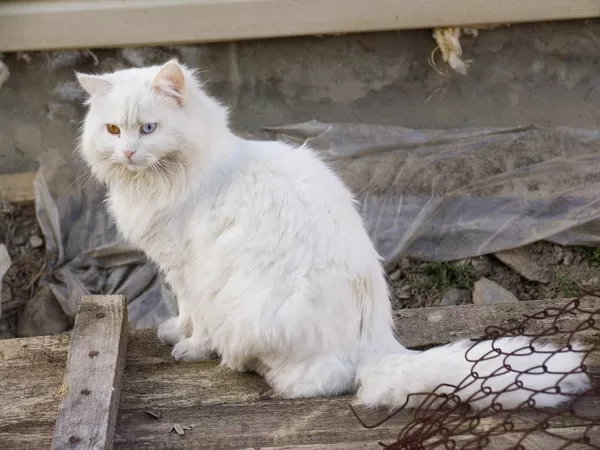Cats, with their endearing personalities and unique dietary needs, have been domesticated for thousands of years. As responsible pet owners, it’s essential to provide them with nutrition that aligns with their biological requirements. While the occasional treat or sharing a small piece of safe human food may seem harmless, feeding your cat nothing but human food can lead to a myriad of health issues. In this article, we delve into the potential consequences of such a dietary choice and explore why it’s crucial to prioritize a well-balanced, species-appropriate diet for your feline companion.
8 Impact of Feeding Your Cat Human Food Exclusively
1. Nutritional Imbalance: The Dangers of a Human Food Diet
Feeding your cat nothing but human food can lead to a severe nutritional imbalance. While certain human foods contain elements that are beneficial for cats, they often lack the essential nutrients that felines require in abundance. Cats need taurine, an amino acid found in animal tissues, to prevent heart and vision issues. Deficiencies in taurine, among other nutrients, can lead to serious health problems, including heart disease, vision impairment, and developmental issues in kittens.
2. Protein Quality and Quantity
Protein is a cornerstone of a cat’s diet, and the quality and quantity of protein are crucial for their well-being. Human food may not provide the right balance of essential amino acids that cats need to thrive. A lack of adequate protein can result in muscle wasting, lethargy, and a weakened immune system. In contrast, an excess of certain protein sources, such as processed meats or high-sodium foods, can contribute to kidney issues and other health problems.
3. Essential Fatty Acids: Maintaining Skin and Coat Health
Fatty acids, particularly omega-3 and omega-6, play a vital role in maintaining a cat’s skin and coat health. While some human foods, like certain fish, contain these fatty acids, they may not be present in the right proportions for feline needs. A deficiency in essential fatty acids can lead to dry skin, a dull coat, and an increased susceptibility to skin infections. On the other hand, an excess of fatty foods can contribute to obesity and related health issues.
4. Vitamins and Minerals: Building Blocks of Health
Cats require specific vitamins and minerals for various bodily functions, including bone health, vision, and immune system support. Human food diets may lack these essential elements or provide them in proportions that are not suitable for feline requirements. A deficiency in vitamins and minerals can lead to conditions such as rickets, poor bone development, and compromised immune function.
5. Digestive System Challenges
The feline digestive system is adapted to process a diet rich in animal proteins. Feeding a cat a diet predominantly composed of human food, which may include plant-based ingredients, can pose challenges to their digestive system. Cats lack certain enzymes necessary for breaking down plant materials efficiently. As a result, a diet high in carbohydrates and low in animal-based proteins can lead to digestive issues, including diarrhea, constipation, and malabsorption of nutrients.
6. Weight Management and Obesity
Obesity is a prevalent issue among domestic cats, and feeding them a diet solely consisting of human food can exacerbate this problem. Many human foods are calorie-dense and may contain ingredients that contribute to weight gain in cats. Obesity in cats can lead to various health concerns, including diabetes, arthritis, and cardiovascular issues. Maintaining a healthy weight through a balanced diet is crucial for promoting overall well-being and longevity in feline companions.
7. Dental Health Concerns
A diet exclusively composed of human food may lack the mechanical benefits that come from chewing on appropriate cat food. Dry cat food, for instance, helps in maintaining dental health by reducing plaque and tartar buildup. Feeding a cat a diet devoid of these dental benefits can increase the risk of dental issues such as gingivitis, periodontal disease, and tooth decay.
8. Behavioral Implications
A cat’s diet not only impacts their physical health but also plays a role in their behavior. Cats have a natural instinct to hunt and consume small, frequent meals. Feeding them a diet inconsistent with their natural behavior can lead to boredom, stress, and behavioral problems. Providing a balanced, species-appropriate diet contributes to mental stimulation and a contented feline companion.
Transitioning to a Balanced Diet
If you find yourself in a situation where your cat has been exclusively fed human food, transitioning them to a balanced cat food diet is essential. Abrupt changes in diet can lead to gastrointestinal upset, so it’s crucial to make the transition gradually. Start by mixing small amounts of high-quality cat food with their usual human food, gradually increasing the proportion of cat food over several days or weeks.
Consulting with a Veterinarian
Before making any significant changes to your cat’s diet, it’s advisable to consult with a veterinarian. A veterinarian can assess your cat’s current health, provide guidance on the appropriate cat food choices, and recommend any necessary supplements to address potential deficiencies. Regular veterinary check-ups are crucial for monitoring your cat’s overall health and ensuring that their dietary needs are being met.
See also: 7 Foods That Elicit Gagging in Cats
Conclusion
Feeding your cat nothing but human food poses significant risks to their health and well-being. Cats have unique dietary requirements that are best met through a balanced, species-appropriate diet designed for their obligate carnivore nature. The consequences of a nutritionally imbalanced diet can range from nutritional deficiencies and digestive issues to serious health conditions such as heart disease and obesity.
As responsible cat owners, it’s our duty to prioritize the health and happiness of our feline companions. Providing a well-balanced cat food diet not only meets their nutritional needs but also contributes to their overall longevity and quality of life. If you’re unsure about the appropriate diet for your cat or if you’re considering making changes to their current diet, consult with a veterinarian for personalized guidance tailored to your cat’s individual health and nutritional requirements.
























